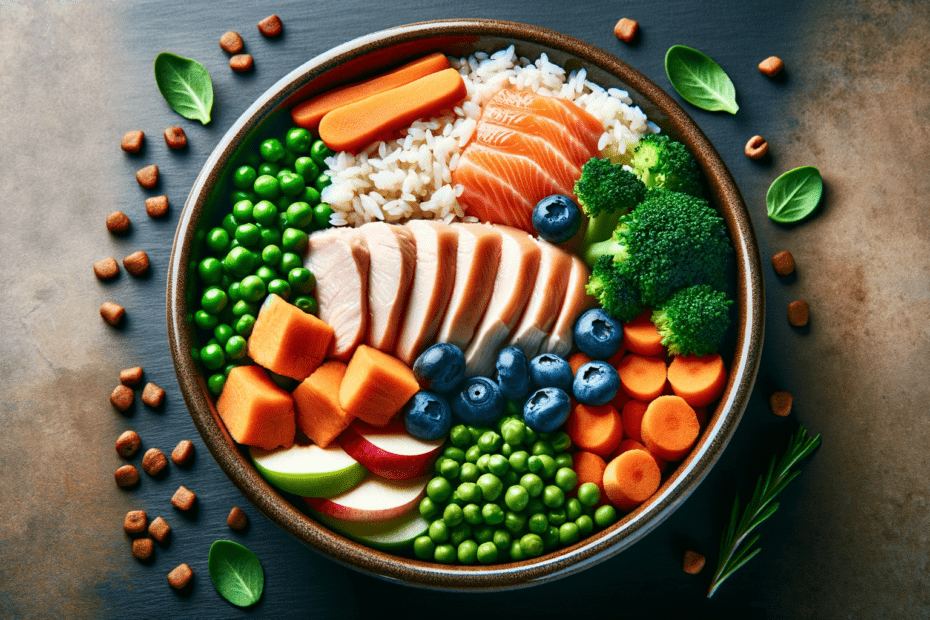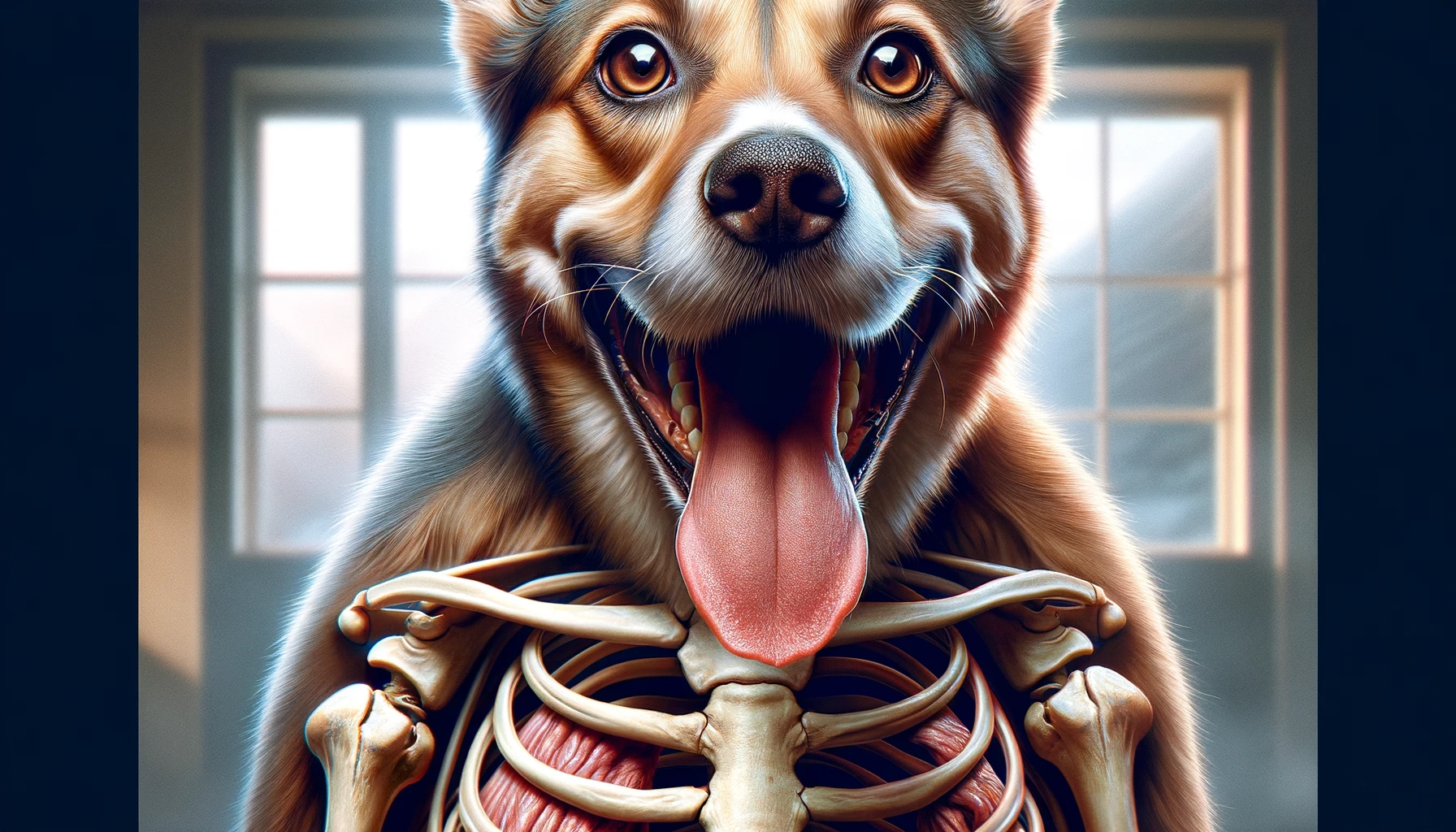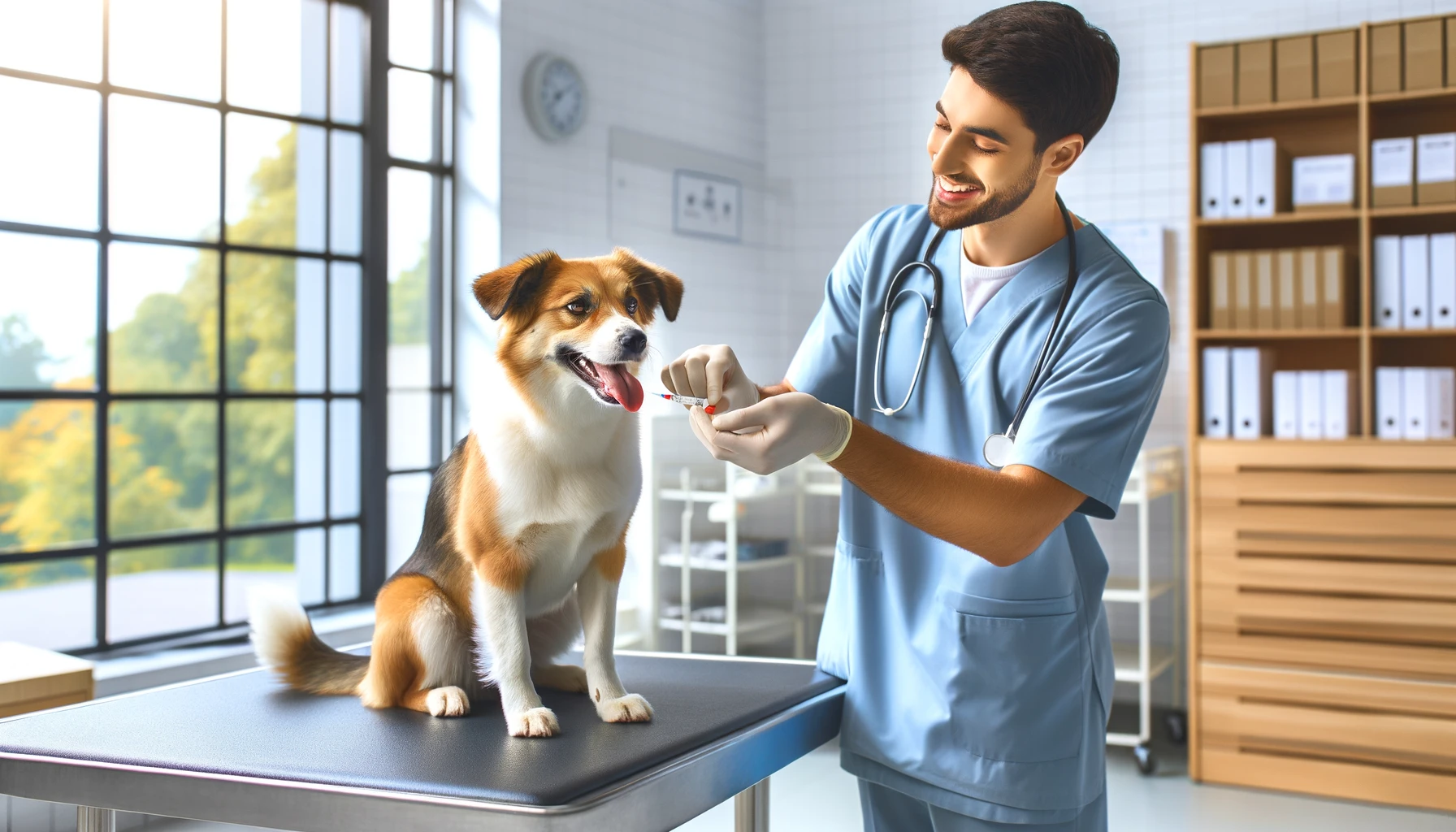Are you looking to provide your furry friend with the best nutrition possible? Look no further!
This how-to guide will give you all the information you need to ensure optimal dog nutrition. Learn about the essential nutrients your dog needs, how to choose high-quality dog food, and how to avoid common health risks.
With this practical advice, you can make informed decisions and keep your dog healthy and happy.
Let's get started!
Key Takeaways
- Providing a balanced diet with the right nutrients is essential for canine health.
- Lean sources of protein, healthy fats, carbohydrates, vitamins, and minerals are all important components of a balanced diet.
- Consulting with a veterinarian or veterinary nutritionist is crucial for creating a well-balanced meal tailored to your dog's needs.
- Prioritizing high-quality dog food that meets nutritional needs and avoiding artificial ingredients and fillers is important.
Balanced Diet for Canine Health
Maintain your dog's health with a balanced diet. Canine dietary requirements play a crucial role in the overall well-being of your furry friend. Providing the right nutrients in the right amounts is essential to meet the nutritional needs of dogs.
A balanced diet for dogs should consist of high-quality protein, healthy fats, carbohydrates, vitamins, and minerals. Protein is vital for muscle growth and repair, so opt for lean sources like chicken, fish, or turkey. Healthy fats, such as omega-3 fatty acids found in fish oil, promote a shiny coat and support brain function.
Carbohydrates like whole grains and vegetables provide energy and fiber for proper digestion. Including a variety of fruits and vegetables can supply important vitamins and minerals to support your dog's immune system.
It is important to note that portion control is key. Overfeeding your dog can lead to weight gain and related health issues. Consult your veterinarian to determine the appropriate serving size for your dog, considering factors like age, breed, and activity level.
Essential Nutrients for Dogs
To ensure your dog's optimal health, it's crucial to provide them with the essential nutrients they need. While a balanced diet is important, sometimes nutritional supplements can help fill in any gaps. Nutritional supplements can be especially beneficial for dogs with specific health conditions or for those who may not be getting all the necessary nutrients from their regular diet.
When it comes to homemade dog food, it's essential to ensure that it contains all the essential nutrients your dog needs. This includes proteins, carbohydrates, fats, vitamins, and minerals. The key is to create a well-balanced meal that meets your dog's specific nutritional requirements. Consulting with a veterinarian or a veterinary nutritionist can help you create a homemade diet that's tailored to your dog's individual needs.
Incorporating nutritional supplements into your dog's diet can also be beneficial. However, it's important to consult with your veterinarian before adding any supplements to your dog's diet. They can help determine which supplements are necessary and the appropriate dosage.
Choosing High-Quality Dog Food
When selecting dog food, prioritize high-quality options that meet your furry companion's nutritional needs. To ensure that you're making the best choice for your dog's health, it's important to understand how to read and interpret dog food labels. Here are three key things to look for when examining dog food ingredients:
- Identify high-quality protein sources: Dogs are primarily carnivores, so it's crucial that their diet includes a sufficient amount of protein. Look for dog food that lists high-quality protein sources, such as chicken, beef, or fish, as the first ingredient. Avoid products that use vague terms like 'meat by-products' or 'meat meal,' as these may contain low-quality protein.
- Avoid artificial additives and fillers: Many commercial dog foods contain artificial preservatives, colors, and flavors, as well as fillers like corn or wheat. These additives can be harmful to your dog's health and may cause allergies or digestive issues. Opt for dog food that's free from artificial ingredients and focuses on natural, whole food sources.
- Check for essential nutrients: A balanced dog food should contain essential nutrients like vitamins, minerals, and fatty acids. Look for specific nutrients, such as omega-3 and omega-6 fatty acids, which promote a healthy coat and skin. Additionally, ensure that the dog food meets the nutritional guidelines set by reputable organizations like the Association of American Feed Control Officials (AAFCO).
Avoiding Common Health Risks
To keep your dog healthy, be aware of these three common health risks you should avoid. Prevention is key when it comes to common health problems in dogs.
The first risk to watch out for is obesity. Overfeeding your dog and not providing enough exercise can lead to weight gain, which can cause various health issues such as diabetes, heart disease, and joint problems. To prevent obesity, make sure to feed your dog a balanced diet with appropriate portion sizes, and engage in regular physical activity like walks or playtime.
The second health risk is dental disease. Poor oral hygiene can result in gum disease, tooth decay, and bad breath. To prevent dental problems, brush your dog's teeth regularly and provide dental chews or toys that promote oral health. You can also schedule regular dental cleanings with your veterinarian.
Lastly, allergies are a common issue for dogs. Allergies can manifest as skin irritations, digestive problems, or respiratory issues. To prevent allergies, identify and avoid the allergens that trigger a reaction in your dog. This may include certain foods, environmental factors like pollen or dust mites, or even certain materials or chemicals.
Special Dietary Considerations for Dogs
Maintaining optimal dog nutrition requires considering special dietary needs to address health risks and promote overall well-being. Here are three important factors to keep in mind when it comes to special dietary considerations for dogs:
- Food allergies in dogs: Just like humans, dogs can develop allergies to certain foods. Common allergens for dogs include beef, dairy, wheat, and soy. If your dog shows signs of allergies such as itching, rashes, or digestive issues, it's important to identify the allergen and eliminate it from their diet. Consult with a veterinarian to determine the best course of action and explore hypoallergenic dog food options.
- Homemade dog food recipes: Some dog owners prefer to make their own dog food to ensure the quality and freshness of the ingredients. However, it's important to note that homemade dog food recipes should be well-balanced and meet all your dog's nutritional needs. Consult with a veterinary nutritionist to create a recipe that provides the right balance of protein, carbohydrates, fats, vitamins, and minerals.
- Nutritional supplements: In certain cases, dogs may require additional nutritional supplements to address specific health conditions. For example, dogs with joint problems may benefit from glucosamine and chondroitin supplements. However, it's essential to consult with a veterinarian before introducing any supplements to your dog's diet, as they can interact with medications or cause imbalances in their nutrition.
Frequently Asked Questions
Can Dogs Eat Human Food as Part of Their Balanced Diet?
Yes, dogs can eat some human food as part of their balanced diet. However, it's important to be cautious and informed. Dog friendly human food recipes can be beneficial, but there are also potential risks and drawbacks to consider.
How Often Should I Feed My Dog?
You should establish a feeding schedule for your dog to maintain a healthy diet. Portion control is crucial to avoid overfeeding. Consider factors like age, size, and activity level when determining how often to feed your furry friend.
Are Homemade Dog Food Recipes a Good Alternative to Commercial Dog Food?
Homemade dog food recipes can be a good alternative to commercial dog food. They offer nutritional benefits such as using fresh ingredients and avoiding preservatives. Consider consulting a veterinarian to ensure the recipes meet your dog's specific dietary needs.
Can Certain Foods Help Improve My Dog's Coat and Skin Health?
Certain foods, such as fatty fish and eggs, can improve your dog's coat and skin health. Additionally, adding supplements like fish oil and vitamin E can promote healthy skin.
Are There Any Foods That Dogs Should Never Consume Under Any Circumstances?
There are certain foods that dogs should never consume under any circumstances. These include chocolate and grapes, which can be toxic to dogs. Additionally, onions and garlic should be avoided as they can also be harmful.
Conclusion
In conclusion, providing optimal nutrition for your dog is essential for their overall health and well-being. By ensuring they have a balanced diet that includes essential nutrients, choosing high-quality dog food, and being aware of common health risks to avoid, you can help your furry friend live a long and healthy life.
Remember to consult with your veterinarian for any special dietary considerations based on your dog's specific needs. Taking these steps will help you provide the best nutrition for your canine companion.






